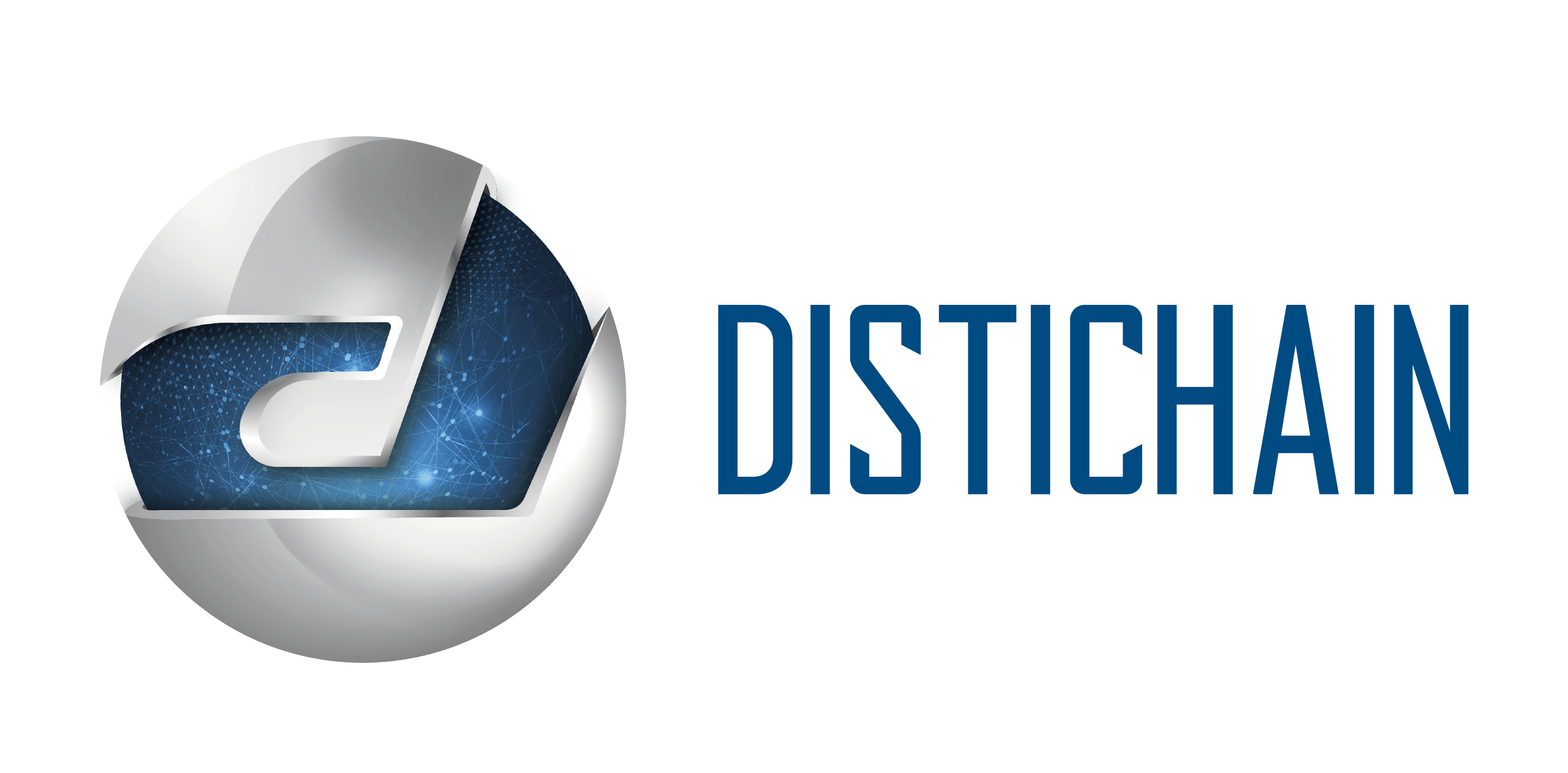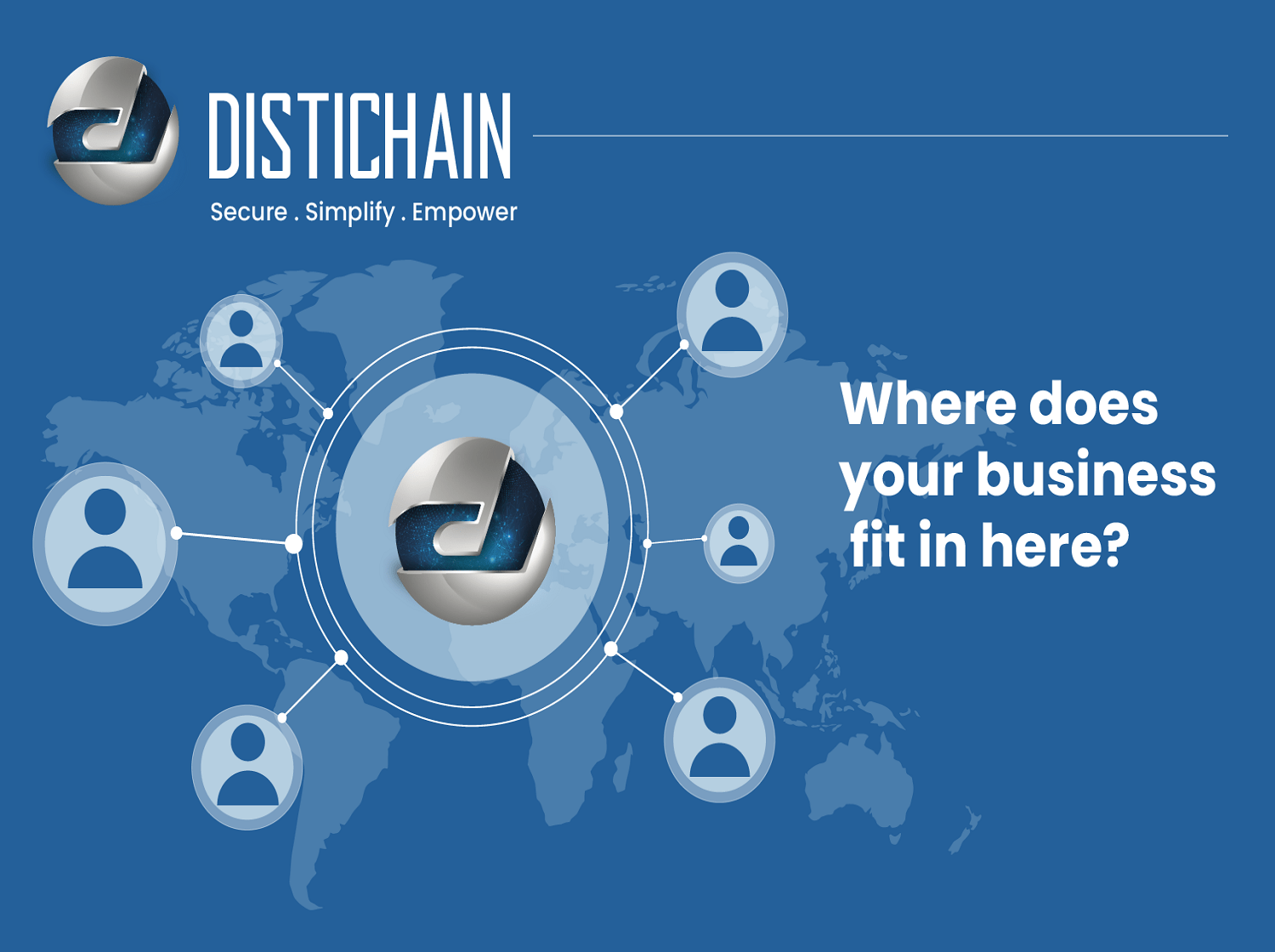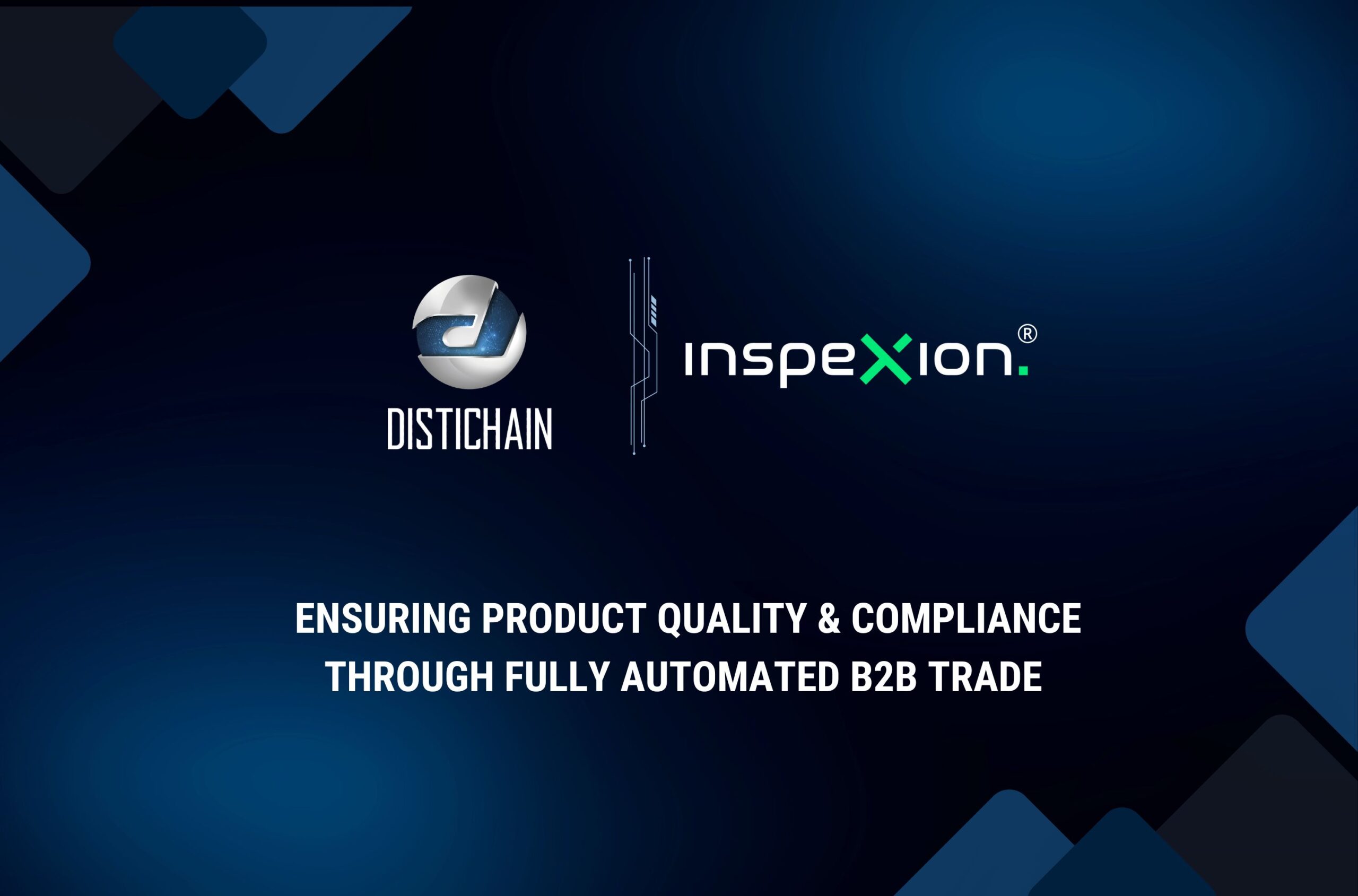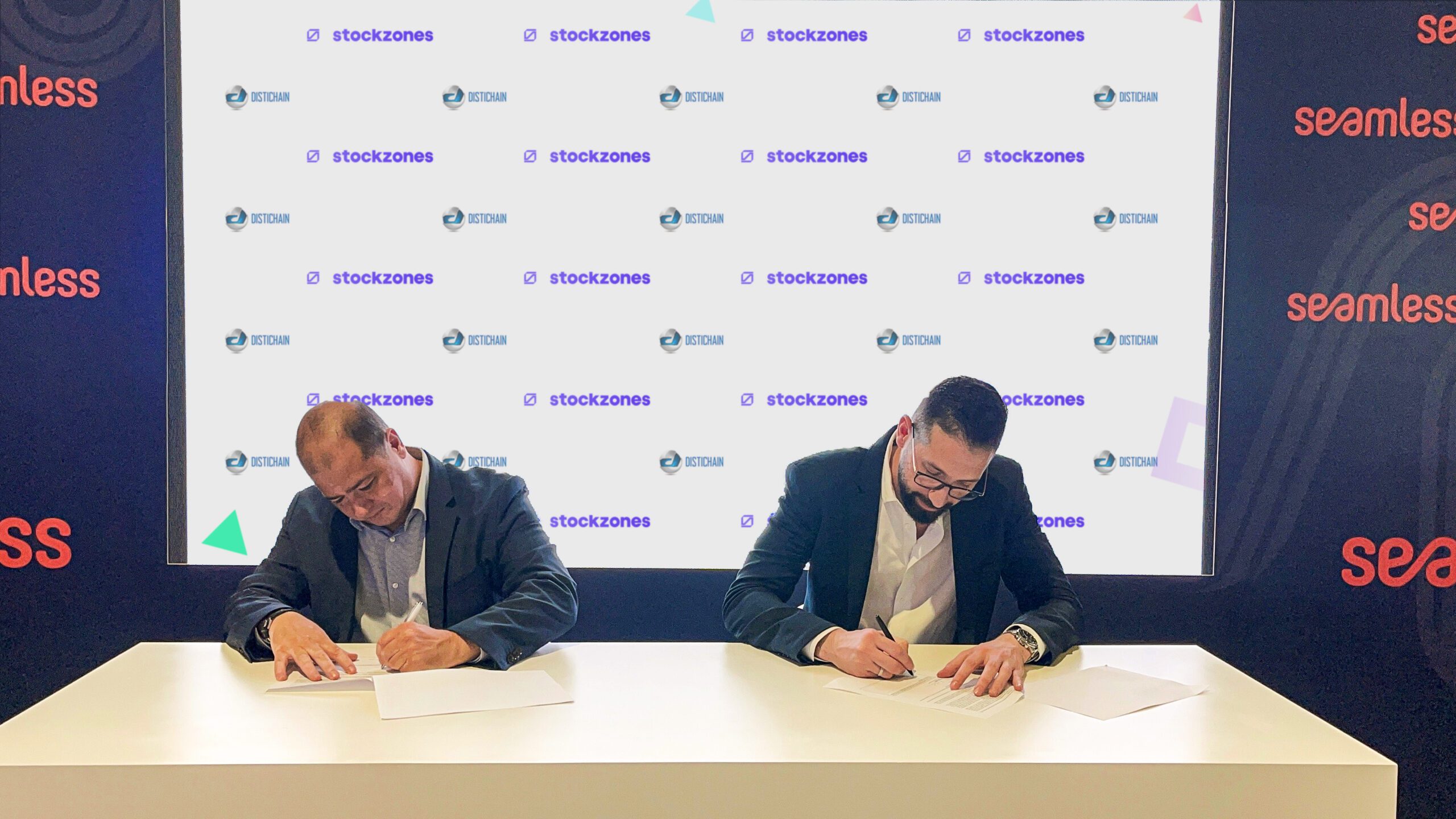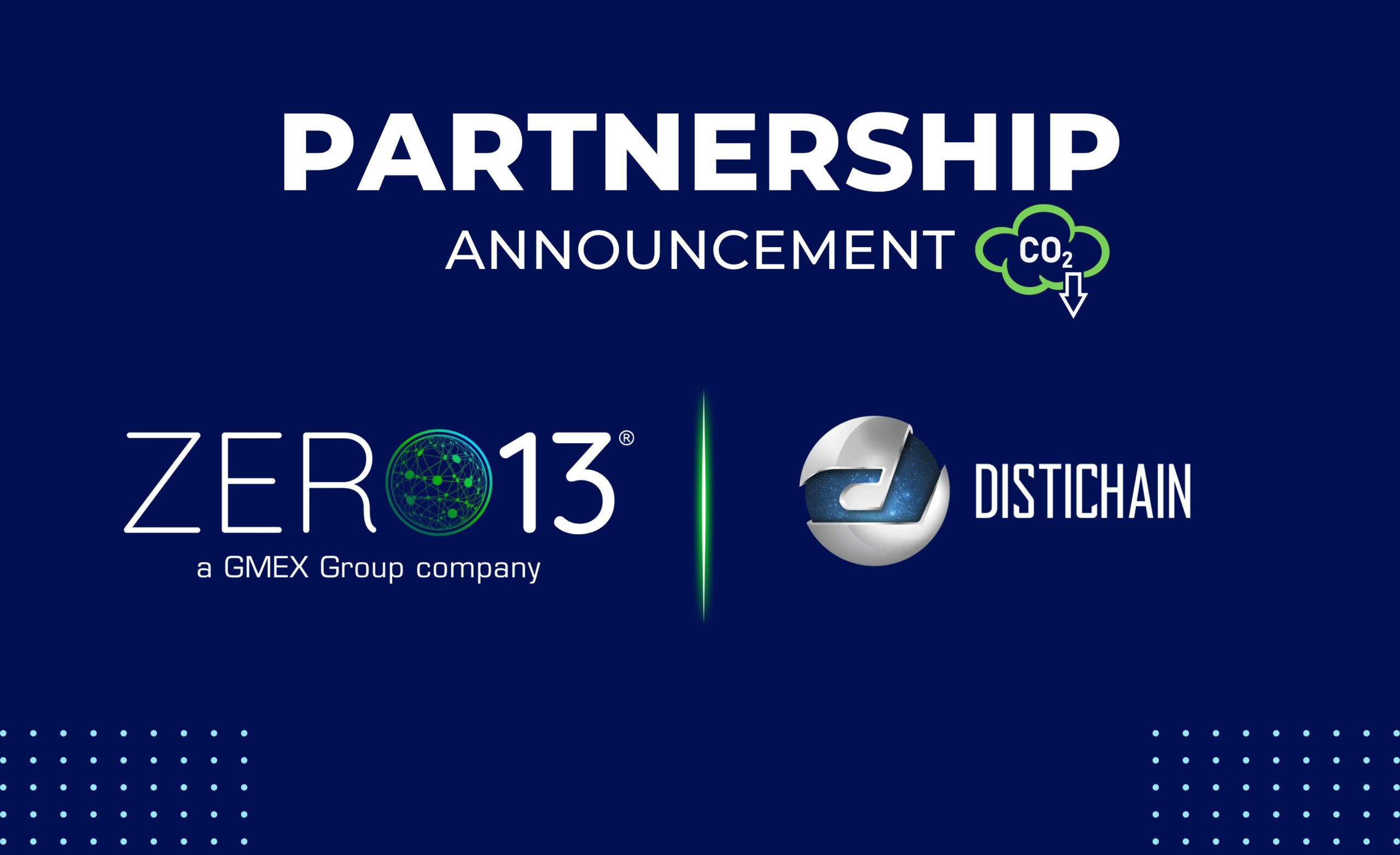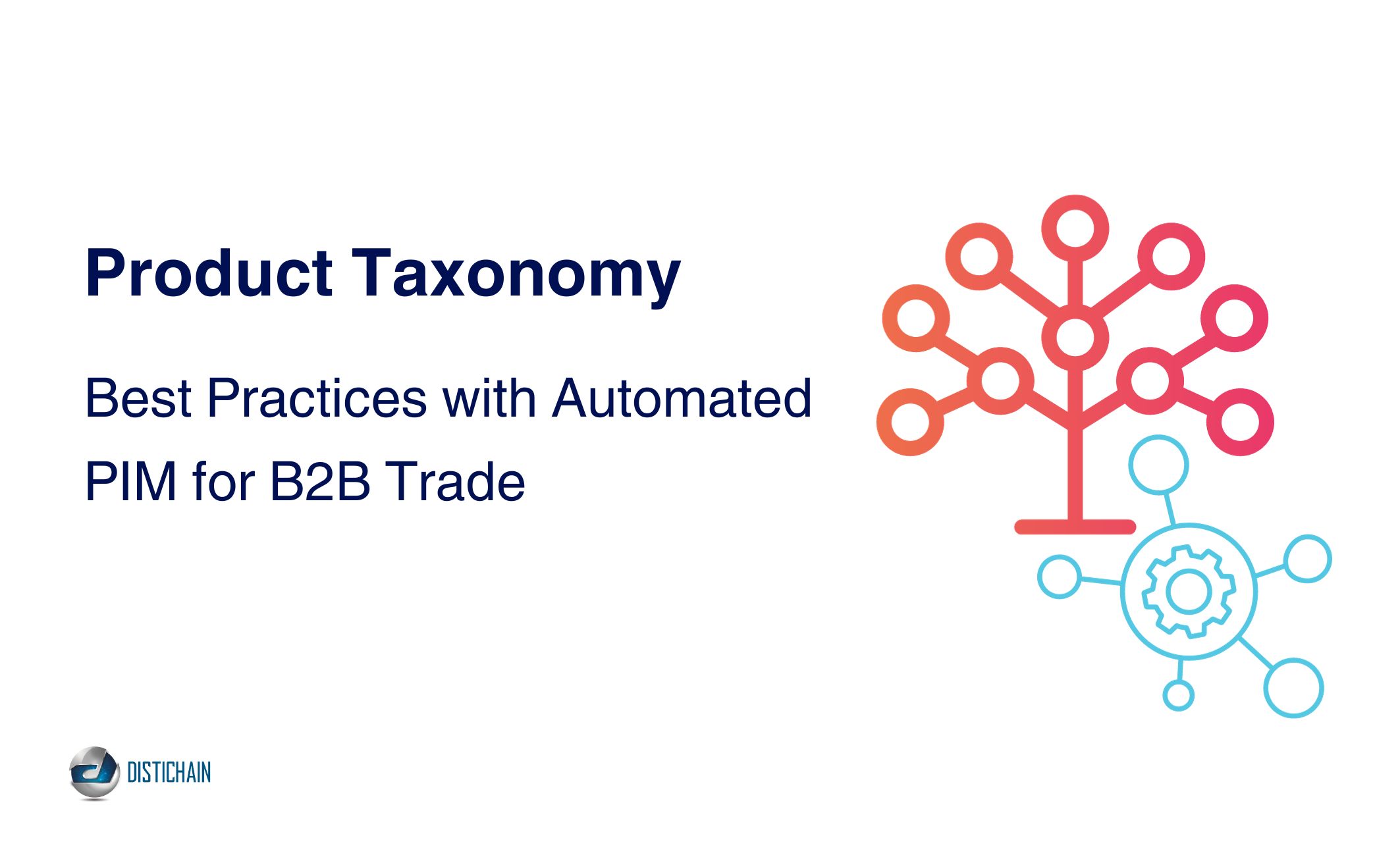On of the key milestone in our roadmap is to develop the ecosystem system around the Distichain protocol. Today, we share more about the different stakeholders in the industry.
The B2B commercial ecosystem is vast and complex, comprising of multiple functions across the entire value chain — importers, exporters, freight forwarders, logistics providers, banks, insurers, credit agencies, and government agencies, to name a few.
All these players in the ecosystem orchestrate their operations to such precision in order to ensure timely delivery of goods across the world. Frequently this orchestration misses a beat leading to disruptions and delays. In Industry 4.0, the challenge is digitizing this entire operation while ensuring the needs of all stakeholders are met.
In the realm of B2B goods trading, companies relying on this ecosystem to deliver their business objective are:
- Manufacturers
- Distributors
- Wholesalers
- Retailers
Large multinational manufacturers and global retailers will move into industry 4.0 integrating their systems in a private ecosystem, digitizing their operations. But what about the smaller companies who stand without the means or knowhow?
Technology today has allowed Distichain to create a blockchain-based platform that addresses these companies directly, thereby improving and elevating the quality of work done in the B2B trading space.
The world is increasingly connected, and trade should not be an exception. Having a singular platform allows buyers, sellers, and all parties involved gain easy access to each other, globally. By combining AI and Blockchain technology, we create a secure B2B e-commerce ecosystem that brings together these companies and all the key support functions to create a seamless end-to-end transaction experience. From finding your desired inventory needs to product delivery in buyers warehouses, Distichain’s ecosystem provides the answer to companies’ B2B business needs.
Save on operating costs and improve efficiency
In order to reduce operating costs, Distichain’s platform integrates directly with logistics providers, banks, and insurance companies to eliminate intermediaries & process complexities.
Time and cost are of the essence with such large trading volumes involved. To facilitate quick trades, the platform aggregates data across the entire ecosystem to provide insights that aid decision-making, and then integrates agnostically with the user’s ERP systems. This allows for intelligent results to be generated, recommending actions to maximize profitability, optimizing inventory holding, and improve forecasting accuracy.
Reduce risk exposure across operations
Trust is inherent in the blockchain, with smart contracts defining roles, responsibilities, and limitations on each party such that risk in trading with virtual “strangers” is mitigated. Coupled with trade finance, smart contracts generated with each transaction secure trading by holding that trade finance virtually in escrow across the agreed credit period. It is released once payment is executed and can be reused again in upcoming transactions.

